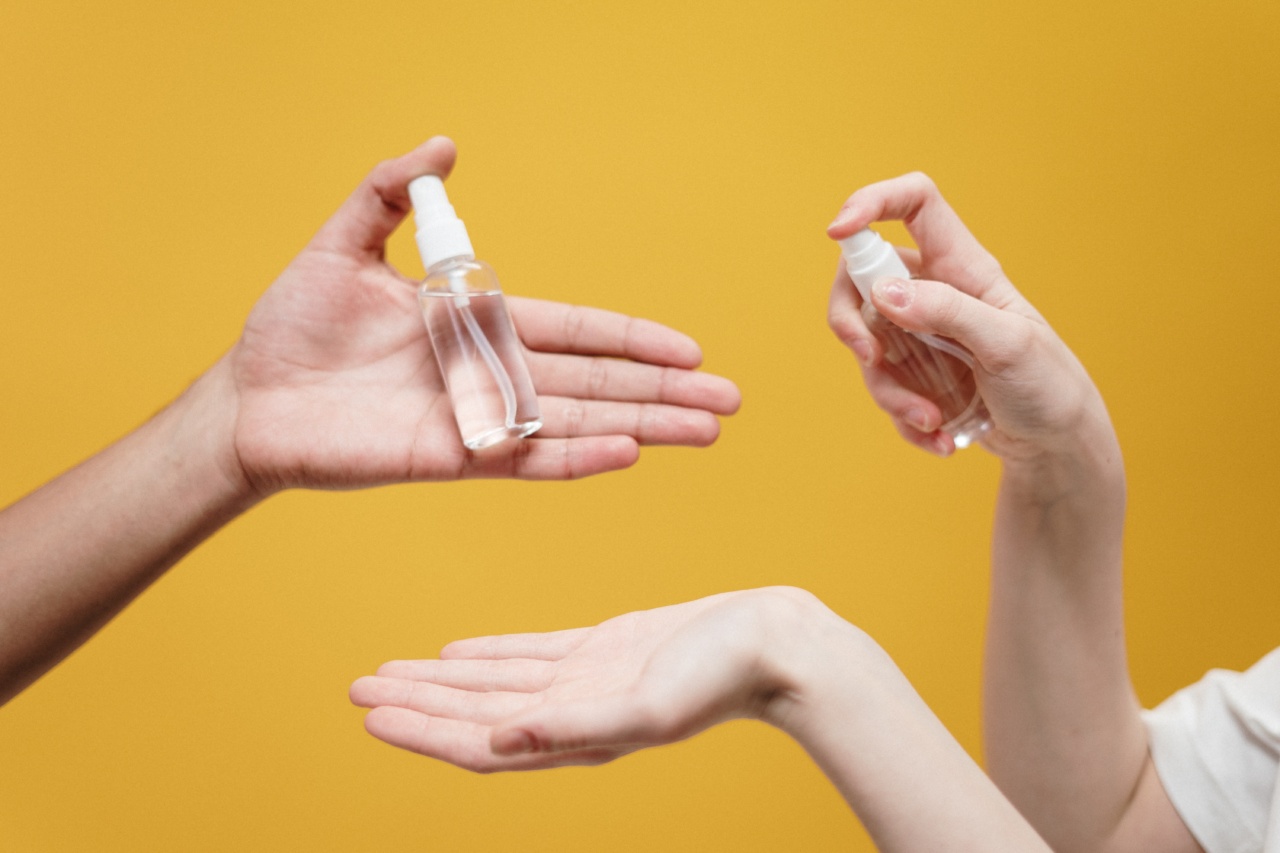Alcohol consumption has long been associated with an increased risk of various health problems, including liver disease, cardiovascular issues, and certain types of cancer.
However, recent research has shed light on a surprising and complex relationship between alcohol and cancer. While heavy drinking is unquestionably linked to an elevated risk of cancer, moderate alcohol consumption has been found to have a potentially protective effect against certain types of cancer.
This article explores the intricate relationship between alcohol and cancer, highlighting both the risks and potential benefits.
Alcohol and Cancer: The Risky Link
It is widely acknowledged that excessive alcohol consumption can significantly increase the risk of developing various types of cancer.
The ethanol in alcoholic beverages is metabolized into acetaldehyde, a known carcinogen that damages DNA and proteins, leading to cellular mutations and potentially cancerous growths. Additionally, alcohol can promote the release of certain hormones that stimulate tumor growth.
Some of the cancers strongly associated with heavy alcohol consumption include:.
- Head and neck cancers
- Esophageal cancer
- Liver cancer
- Breast cancer
- Colorectal cancer
In fact, alcohol is estimated to contribute to about 6% of all cancer deaths worldwide. Heavy drinkers are particularly susceptible to these risks, with the more alcohol consumed, the higher the likelihood of developing cancer.
The Protective Effect of Moderate Drinking
While heavy alcohol consumption poses significant risks, studies suggest that moderate drinking may have a protective effect against certain types of cancer.
Moderate drinking is generally defined as up to one drink per day for women and up to two drinks per day for men.
Some types of cancer that may be less likely to develop in moderate drinkers include:.
- Non-Hodgkin lymphoma
- Renal cell (kidney) cancer
- Thyroid cancer
- Ovarian cancer
- Prostate cancer
It is important to note that the protective effect of moderate drinking is not applicable to all types of cancer, and the mechanisms behind this relationship are still not fully understood.
Researchers believe that moderate alcohol consumption might influence certain biological pathways involved in cancer development.
Understanding the J-Shaped Curve
When examining the relationship between alcohol consumption and cancer risk, researchers often refer to the J-shaped curve. This curve visually represents how the risk of cancer changes as alcohol intake varies.
At one end of the curve, heavy drinking is associated with a steep increase in cancer risk. However, as alcohol consumption lowers into the moderate range, the risk begins to decrease, reaching a minimum at the optimal moderate drinking level.
Beyond that level, the curve starts to rise again, indicating an increased risk of cancer with higher alcohol intakes.
This J-shaped curve emphasizes the importance of moderation when it comes to alcohol consumption.
It suggests that complete abstinence may not be necessary to reduce the risk of certain cancers, and that moderate alcohol intake may even offer some protection against specific cancer types.
Other Factors Influencing Alcohol-Related Cancer Risk
While alcohol itself plays a significant role in cancer development, it is important to consider other factors that can contribute to an individual’s overall risk.
Certain lifestyle choices and genetic factors can either amplify or diminish the effects of alcohol on cancer incidence.
Key factors that can influence alcohol-related cancer risk include:.
- Tobacco use: Combining alcohol consumption with tobacco use significantly increases the risk of developing cancers of the oral cavity, pharynx, larynx, and esophagus.
- Genetics: Genetic variations can affect an individual’s ability to metabolize alcohol and detoxify carcinogens, potentially influencing their susceptibility to alcohol-related cancer.
- Diet: A poor diet lacking essential nutrients, particularly fruits and vegetables, can exacerbate the carcinogenic effects of alcohol.
- Family history: Those with a family history of certain cancers, particularly breast and colorectal cancer, may be more vulnerable to alcohol-related cancer.
Considering these factors alongside alcohol consumption can provide a more holistic understanding of an individual’s overall cancer risk.
Public Health Recommendations
Given the complex relationship between alcohol consumption and cancer, public health organizations have developed guidelines to provide recommendations on safe alcohol intake and minimize associated risks.
The World Health Organization (WHO) and various national health institutes generally suggest the following:.
- Avoid drinking alcohol excessively: Heavy drinking significantly increases the risk of developing cancer and other health problems.
- Practice moderation: If you choose to consume alcohol, do so in moderation according to the recommended guidelines (up to one drink per day for women, up to two drinks per day for men).
- Avoid binge drinking: Binge drinking, which involves consuming a large amount of alcohol in a short period, poses the most immediate and severe health risks.
- Consider individual risk factors: Assess other lifestyle choices, family history, and genetic factors that can contribute to your overall cancer risk.
- Speak with a healthcare professional: Discuss your alcohol consumption and any concerns with your healthcare provider, who can provide personalized guidance based on your specific circumstances.
Conclusion
The relationship between alcohol and cancer is much more nuanced than a straightforward cause-and-effect scenario.
Heavy alcohol consumption undoubtedly increases the risk of many types of cancer, contributing to a significant portion of cancer deaths globally. However, moderate alcohol intake appears to have a potentially protective effect against certain cancers, though the underlying mechanisms are not yet fully understood.
With the J-shaped curve as a guide, it is clear that moderation is crucial when it comes to alcohol consumption.
Public health recommendations emphasize the importance of responsible drinking practices, taking into account individual risk factors and maintaining a balanced lifestyle. While alcohol may have a protective relationship with some types of cancer, it remains essential to be aware of the risks and to make informed choices about alcohol consumption to safeguard overall health.






























